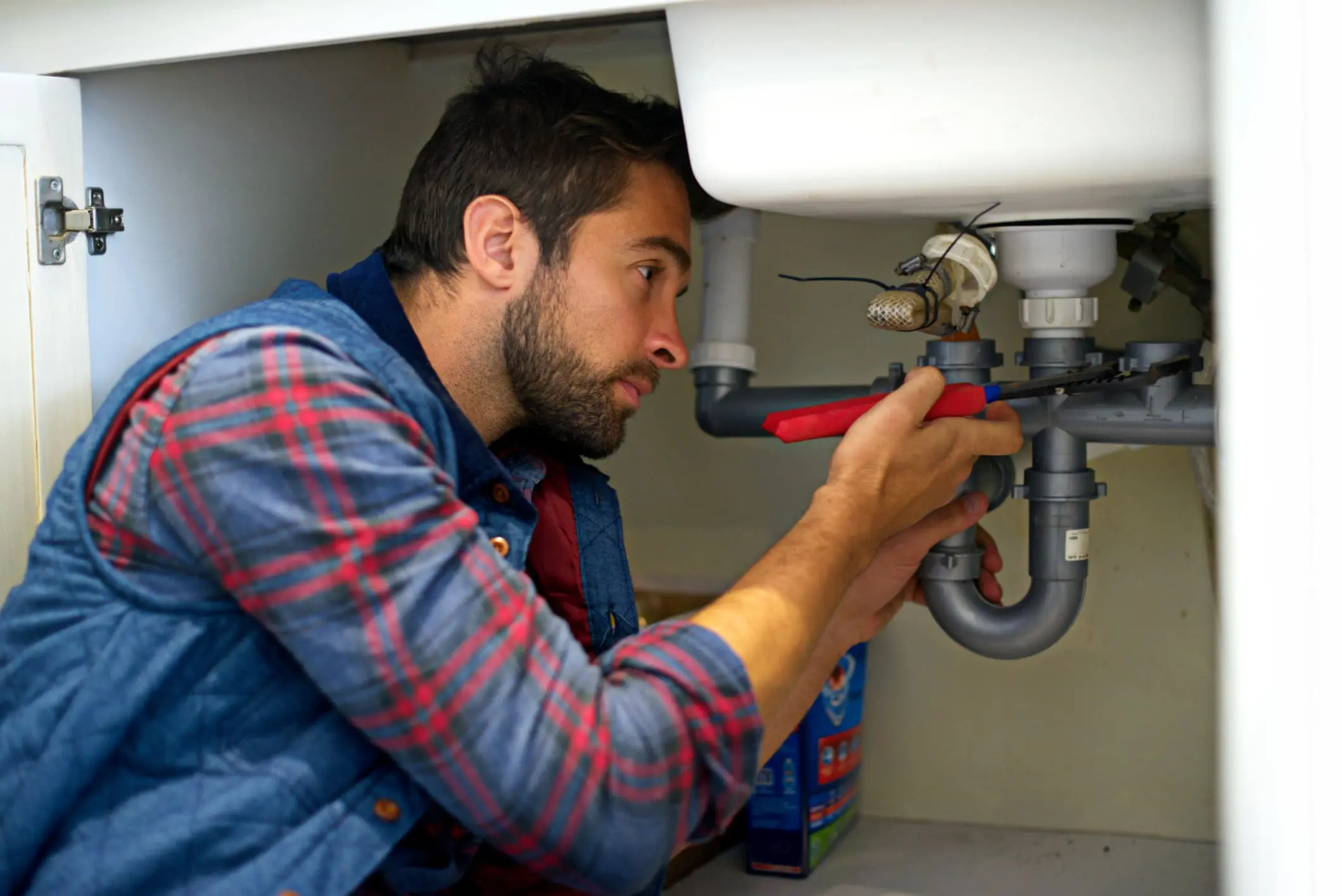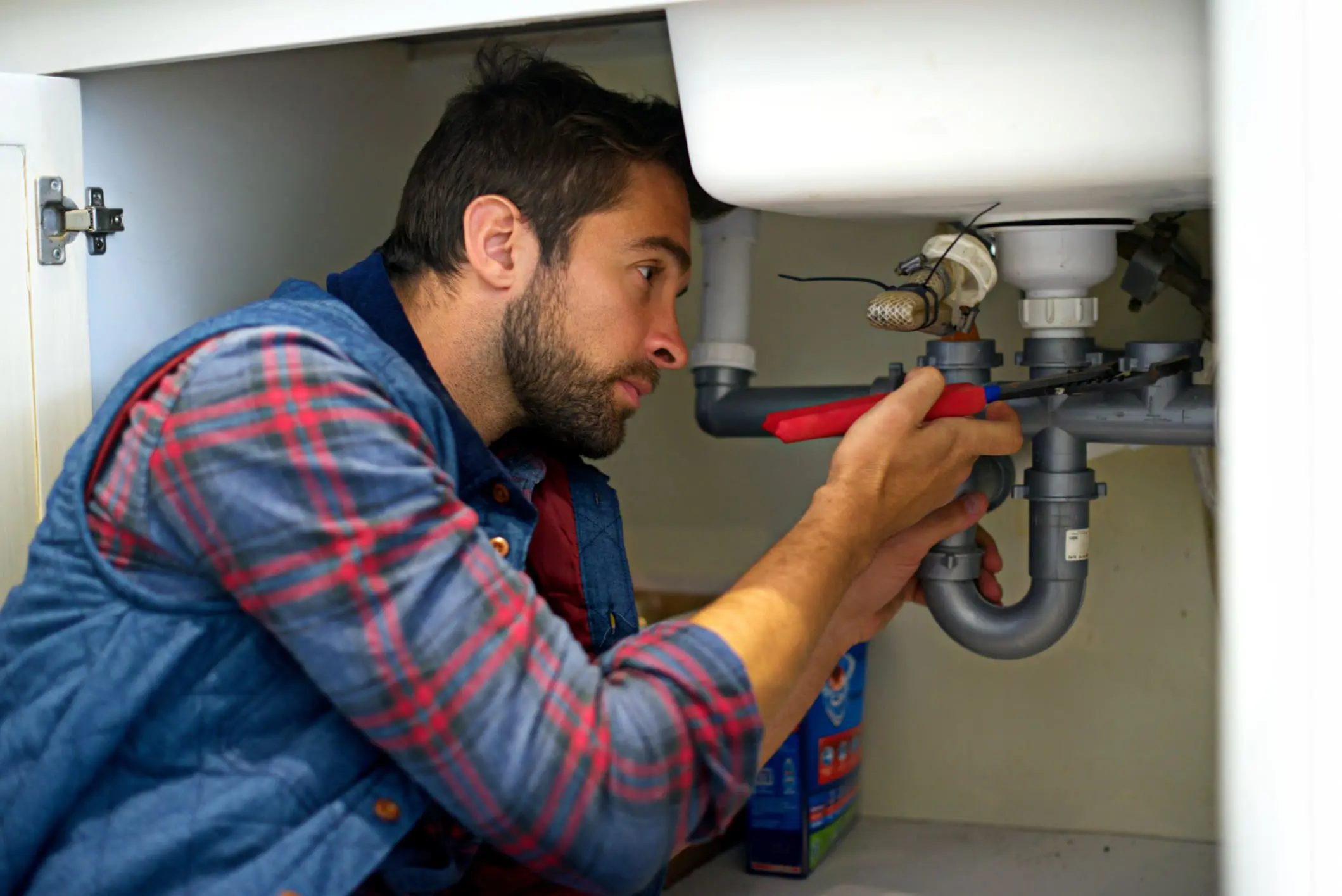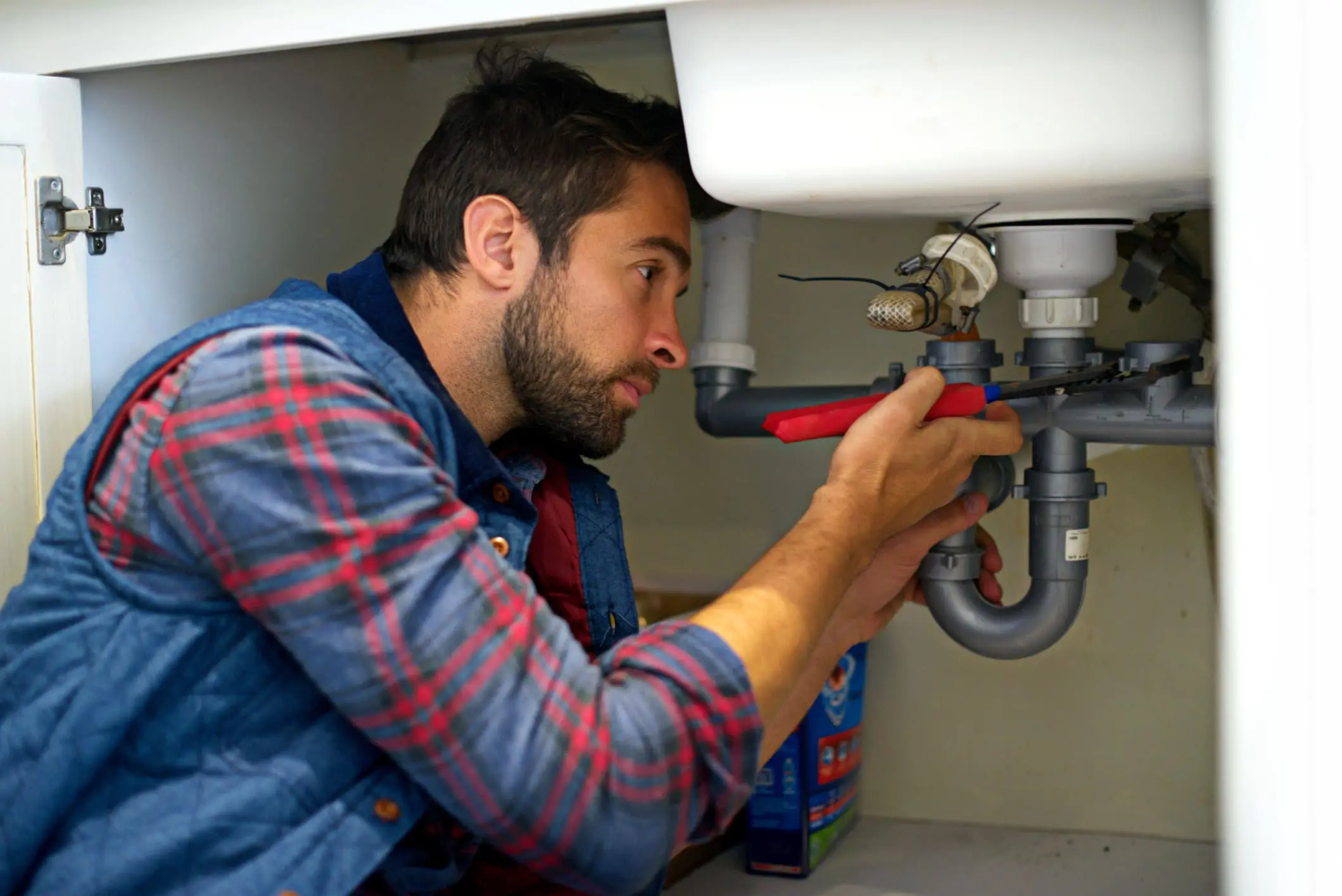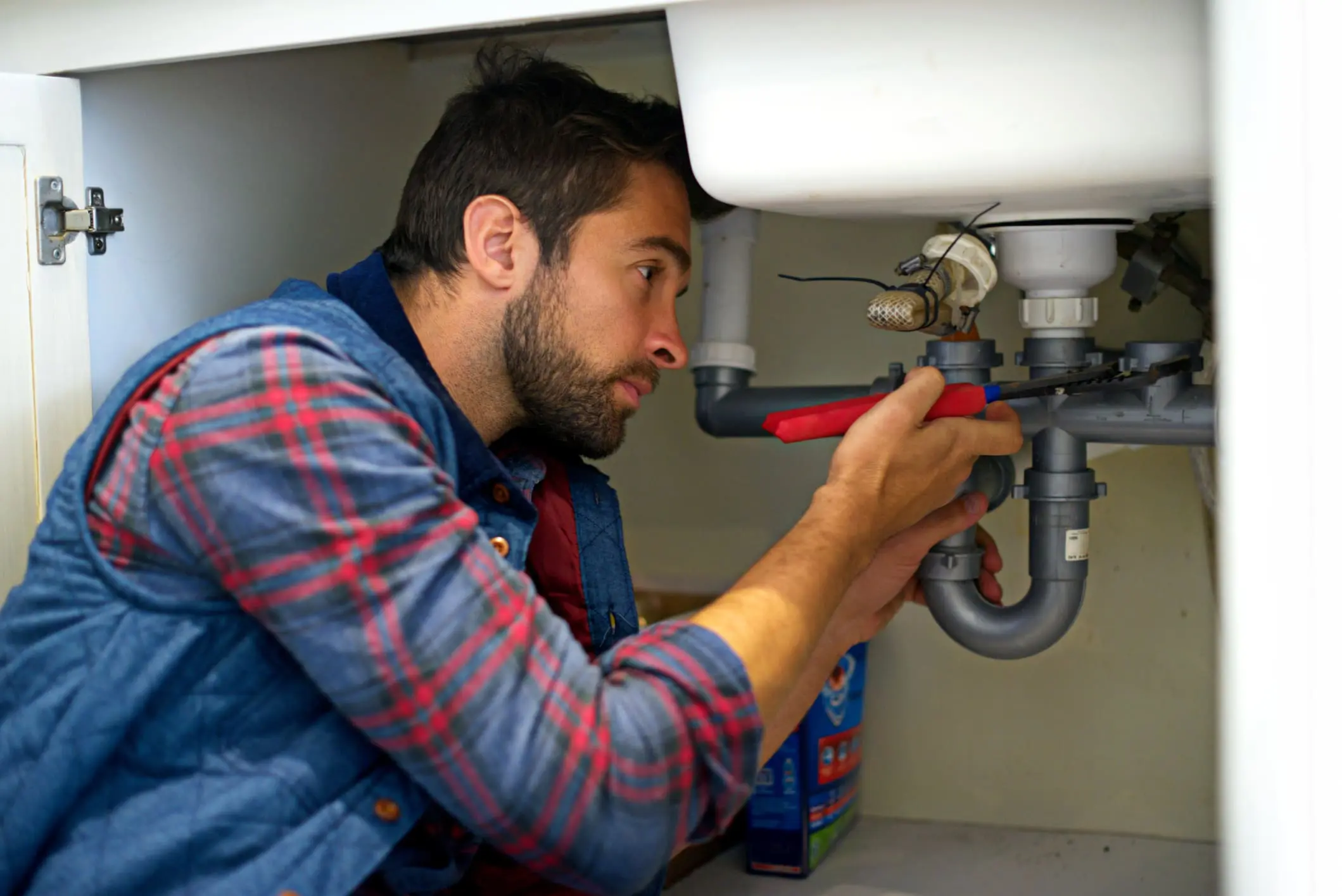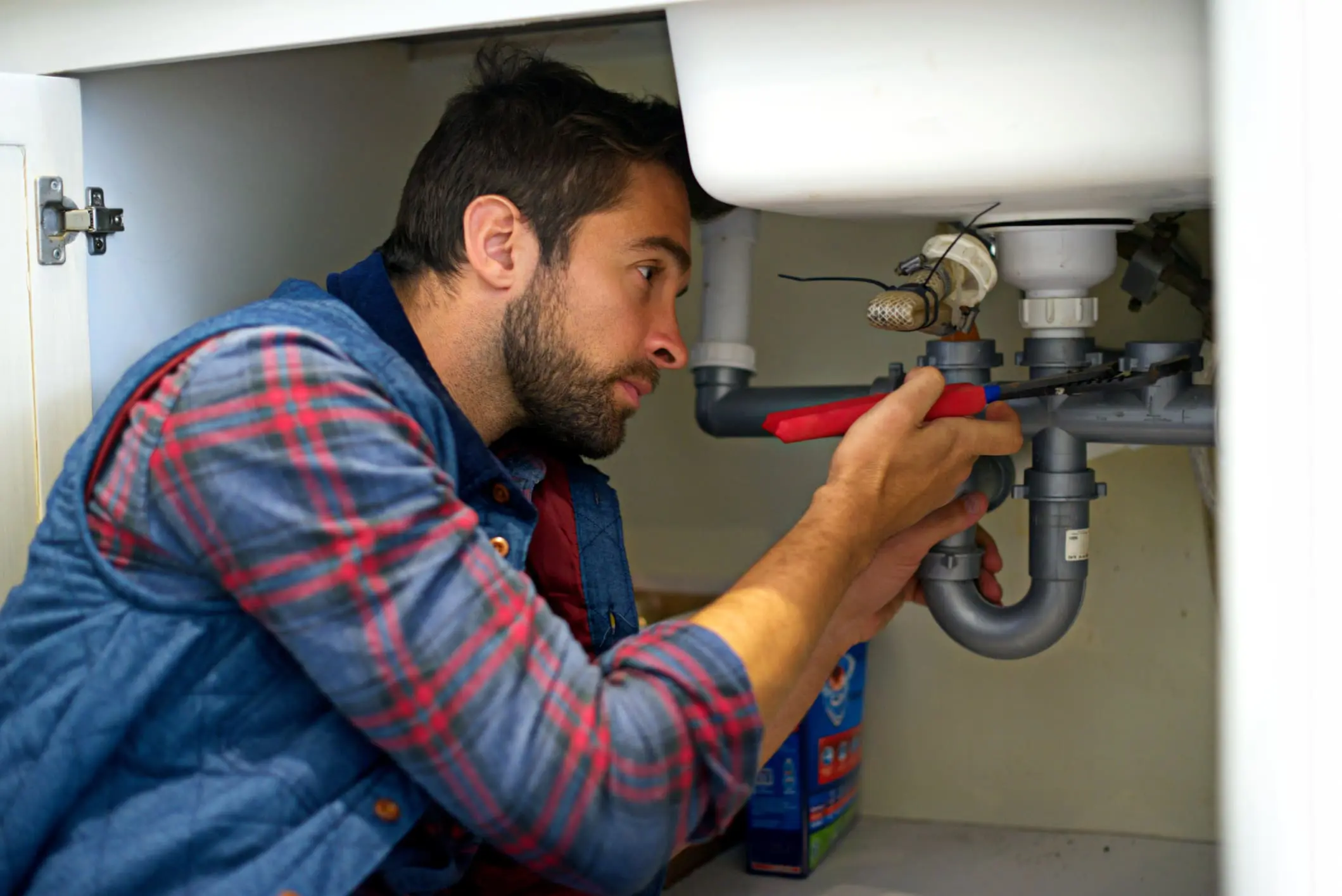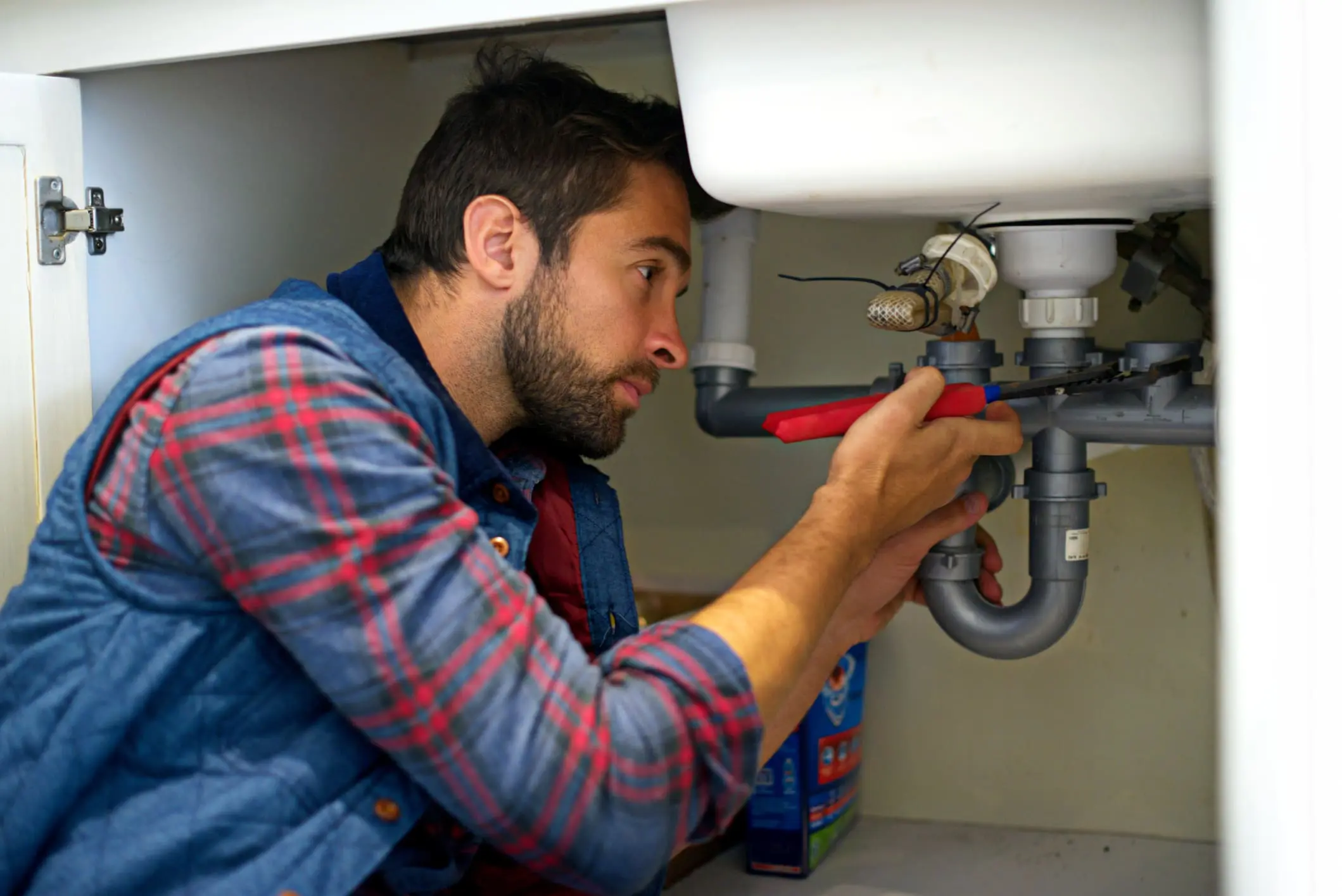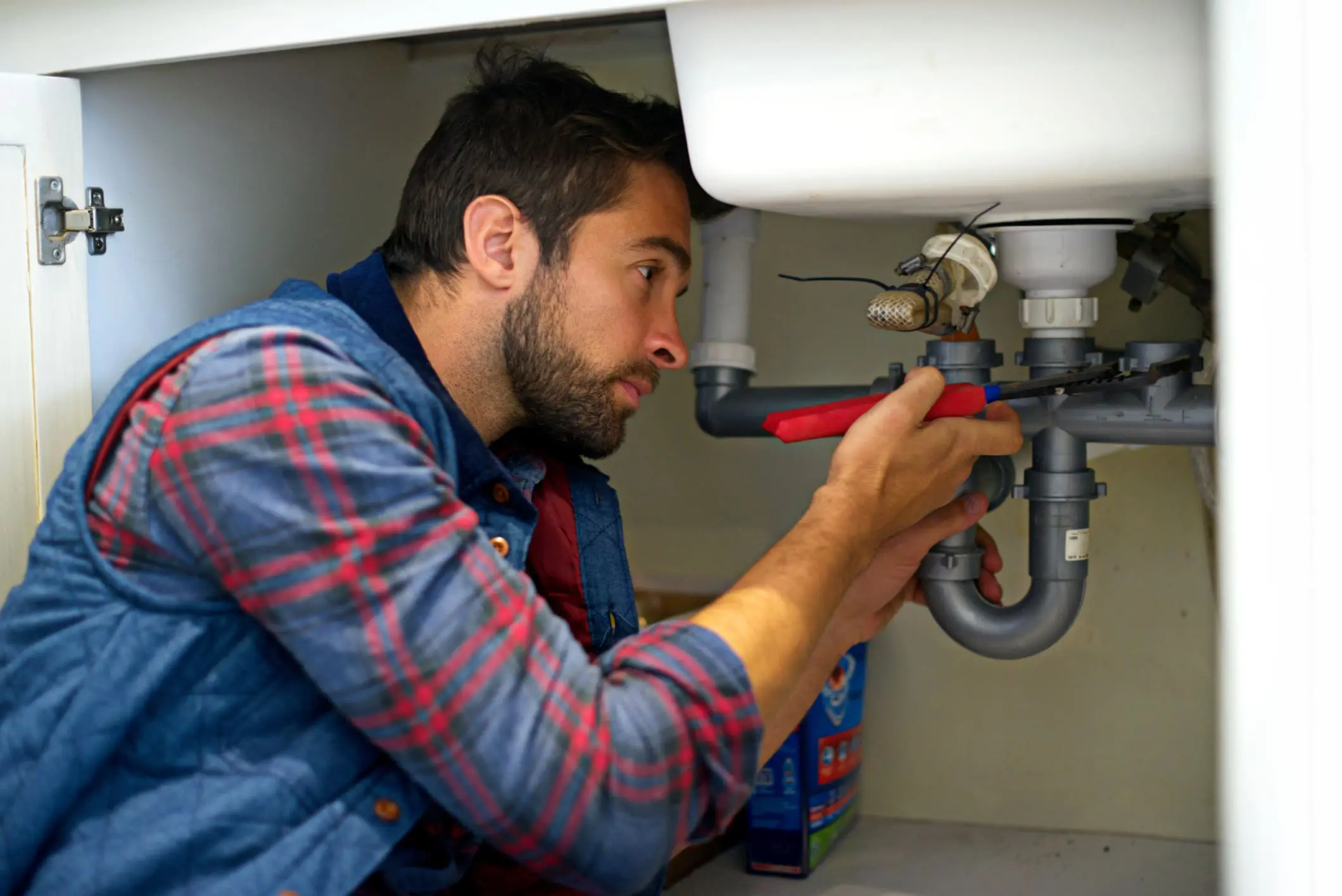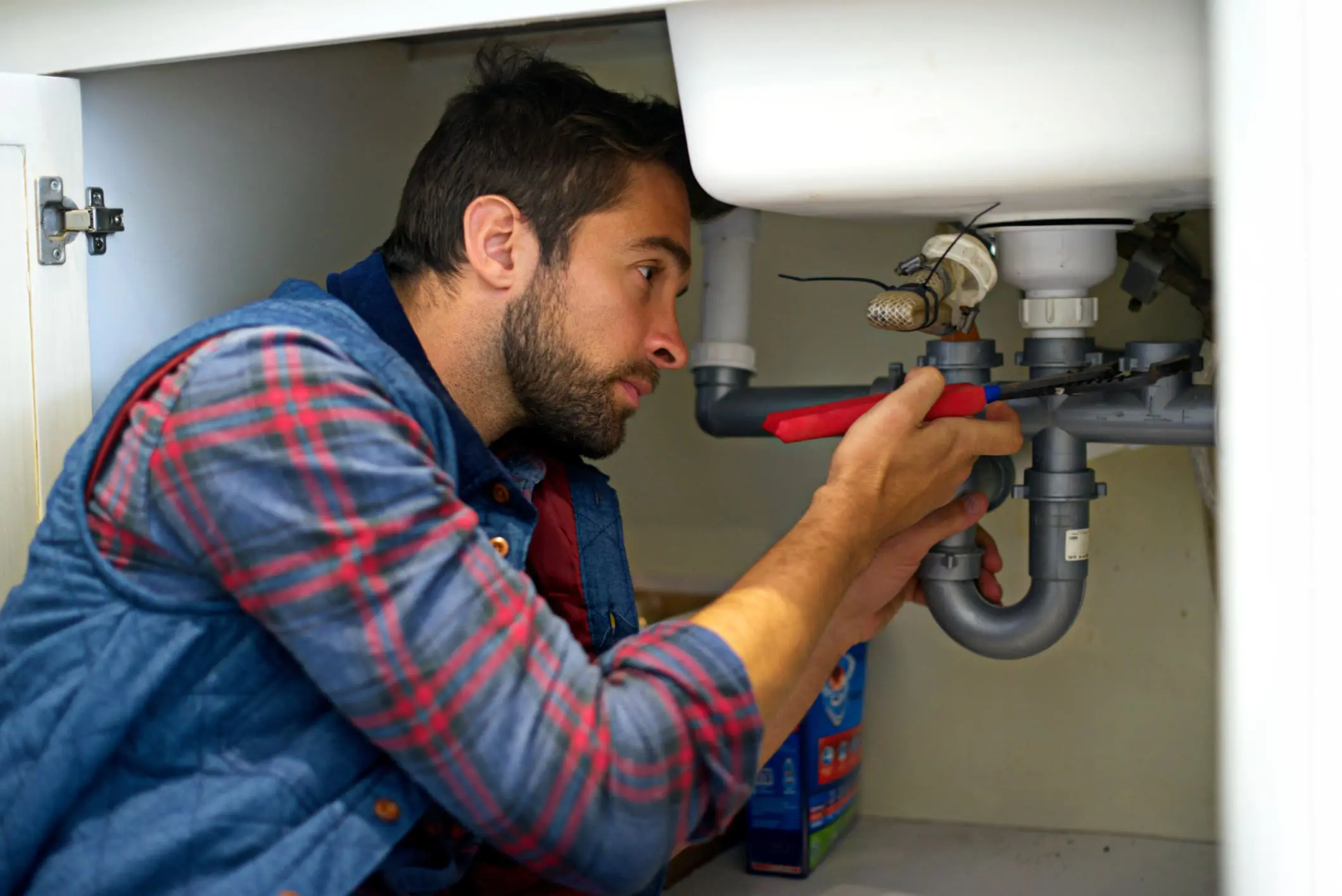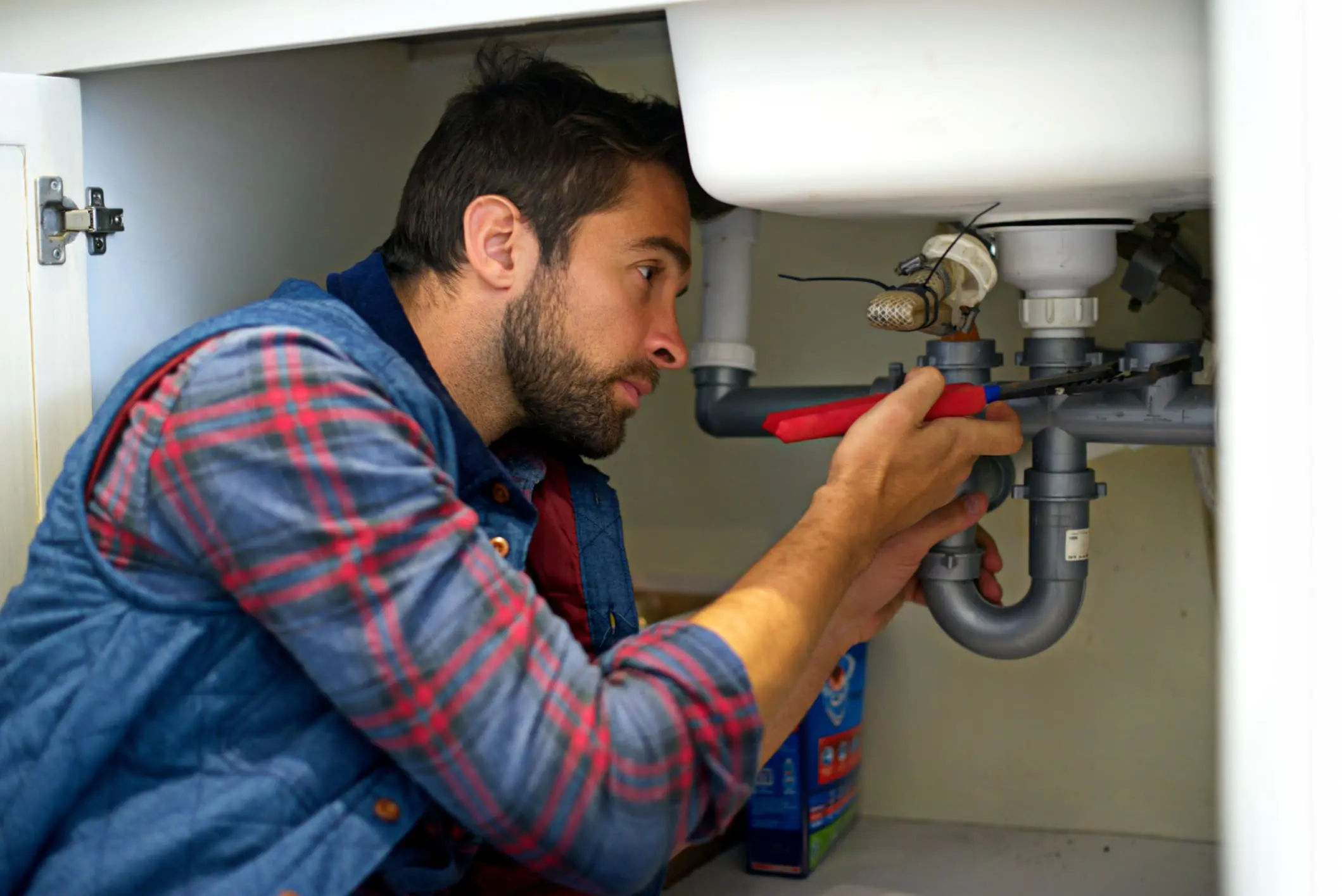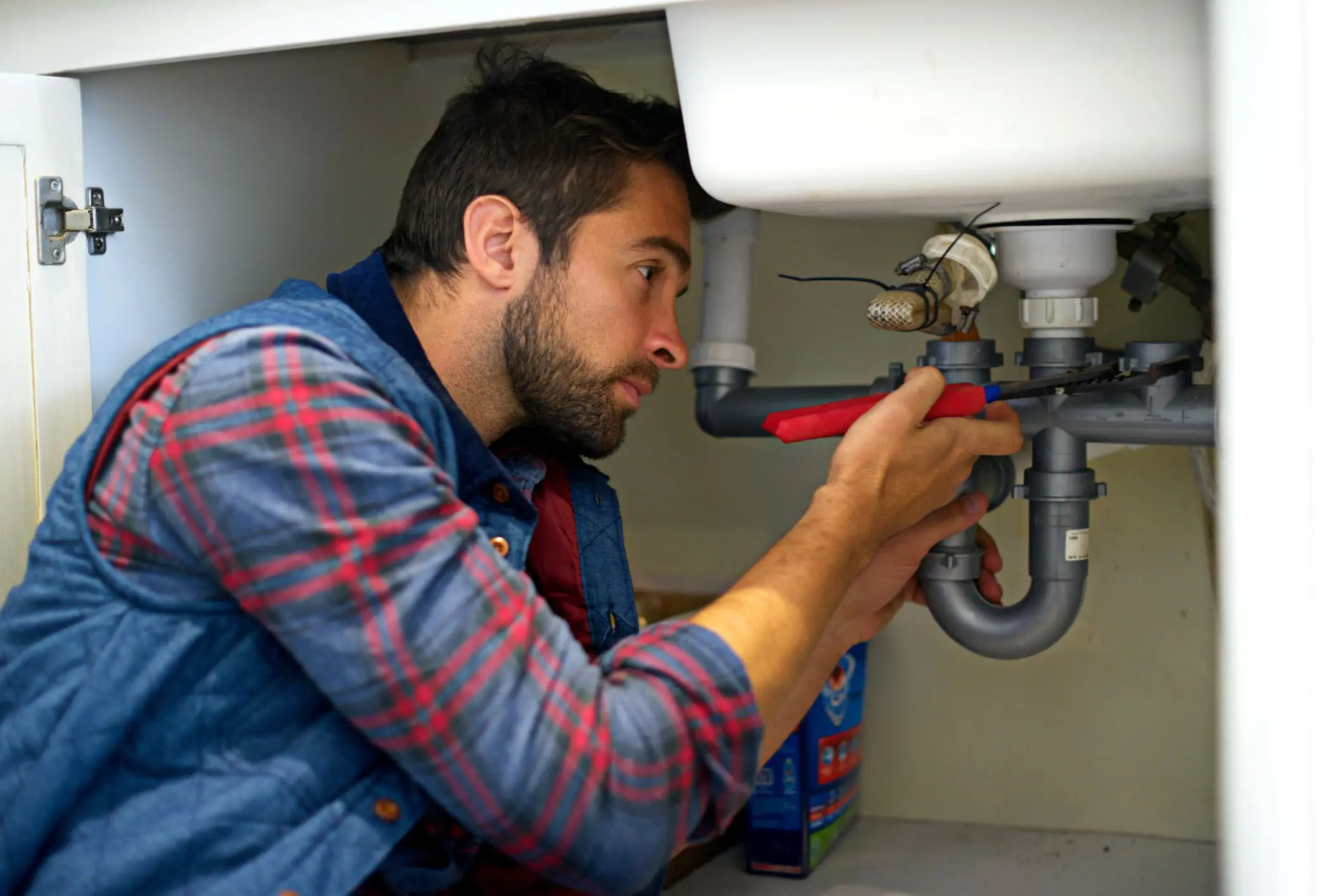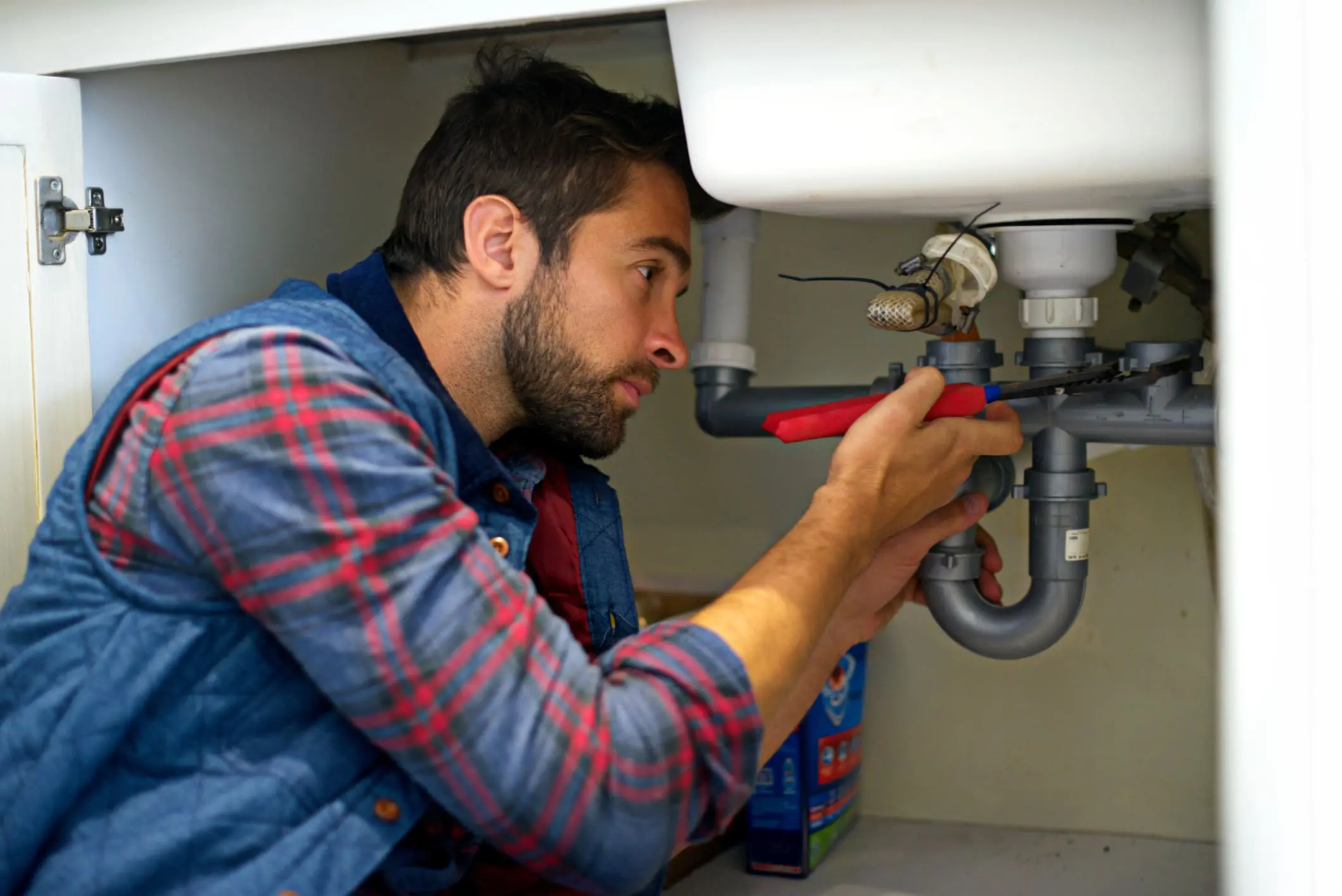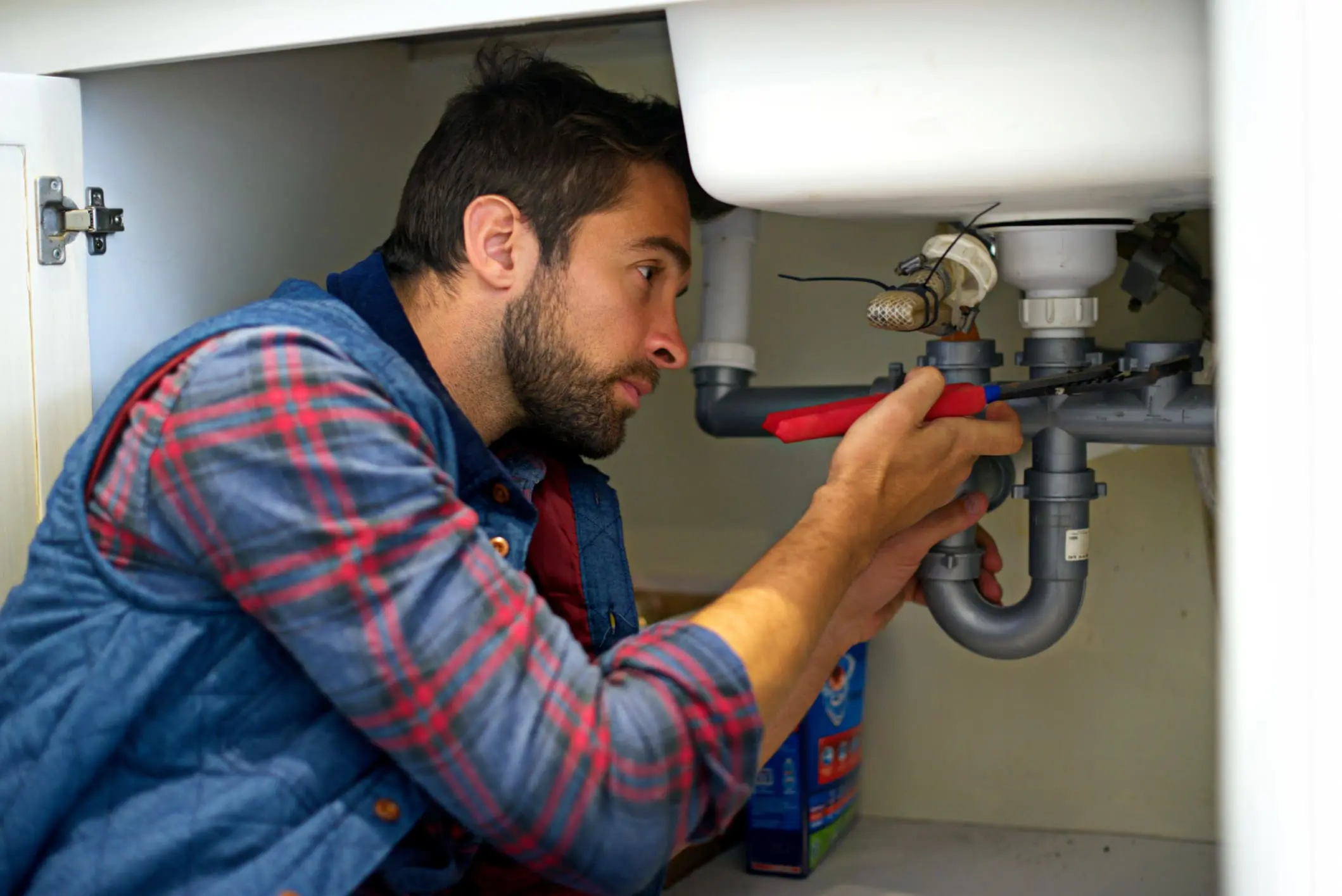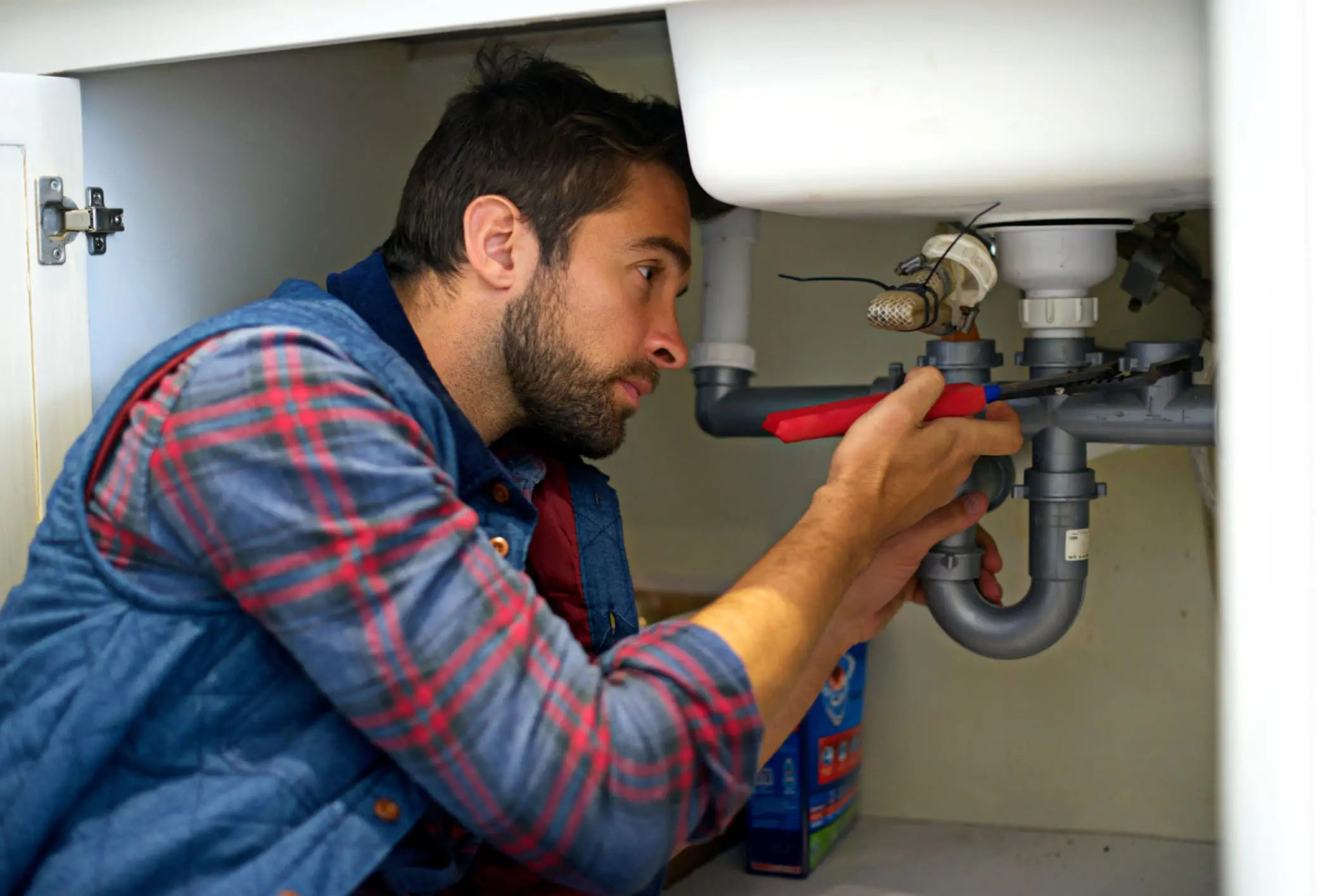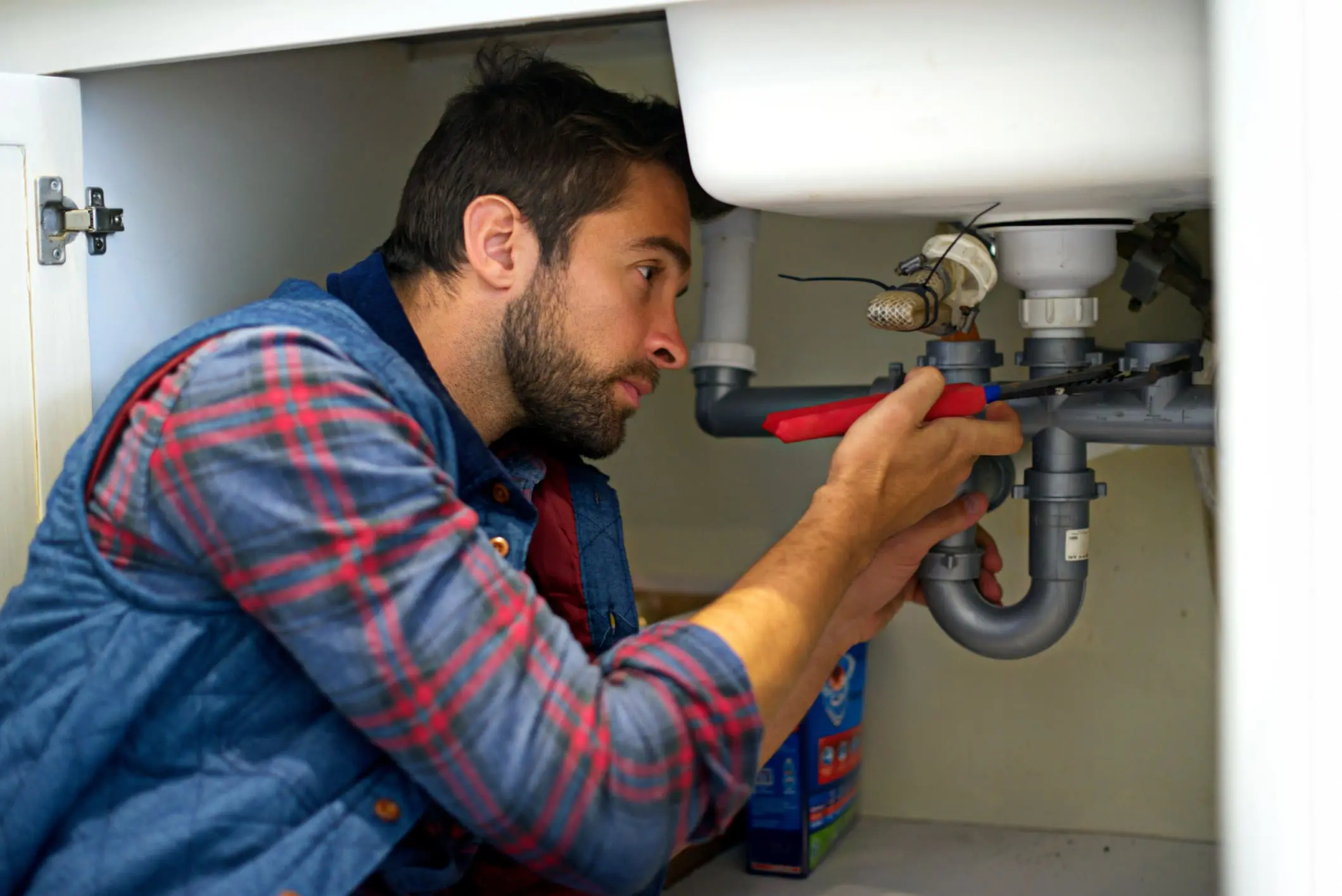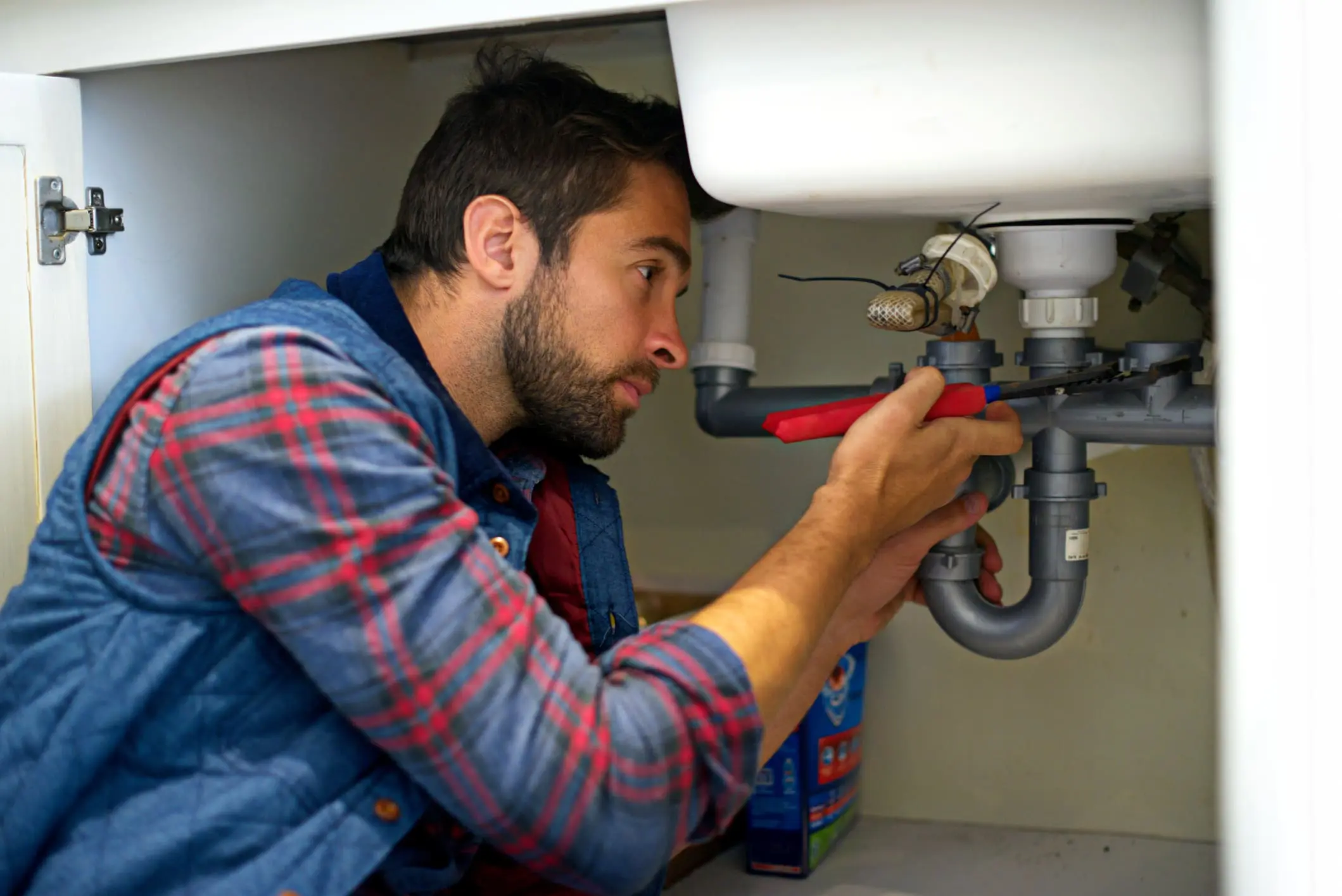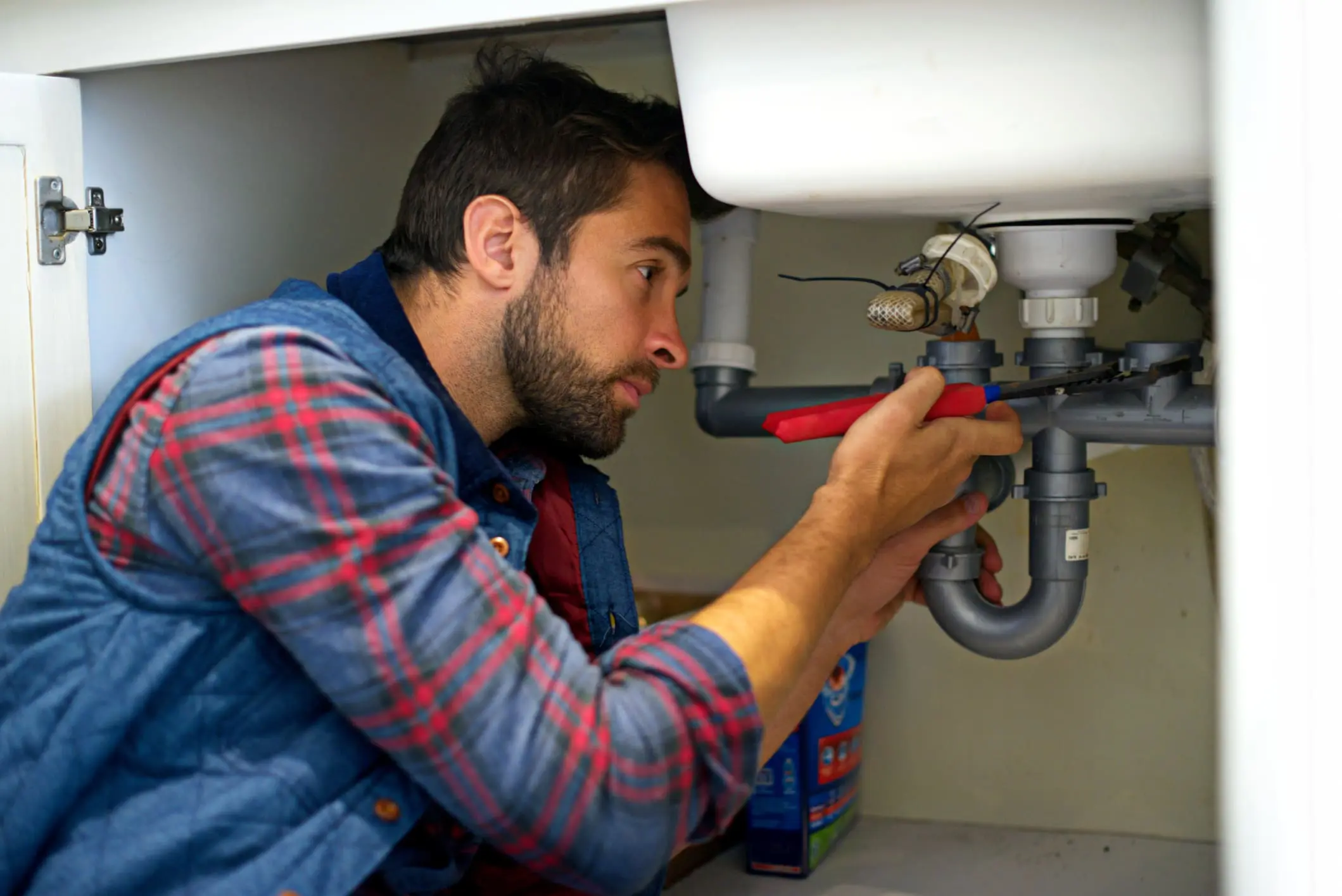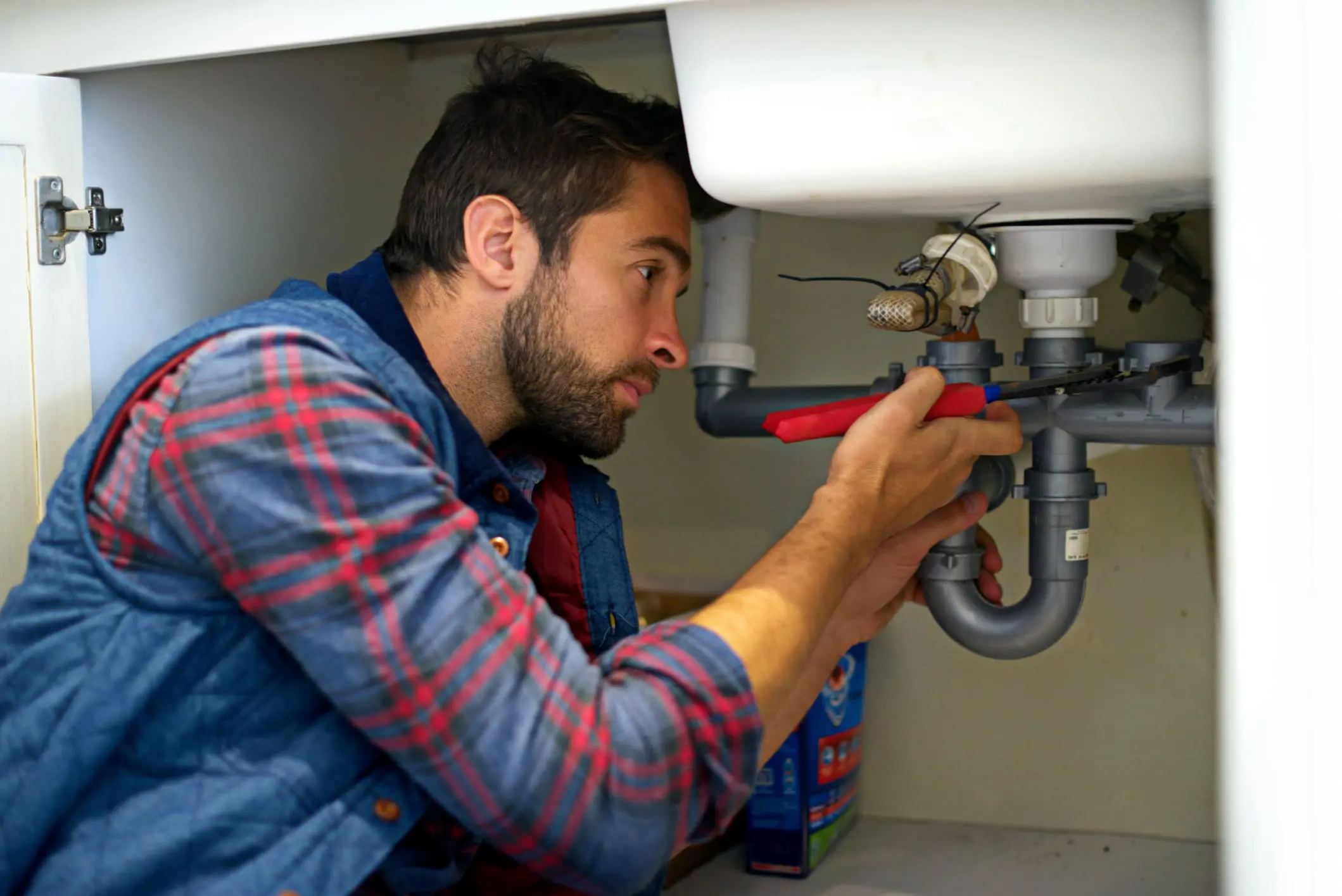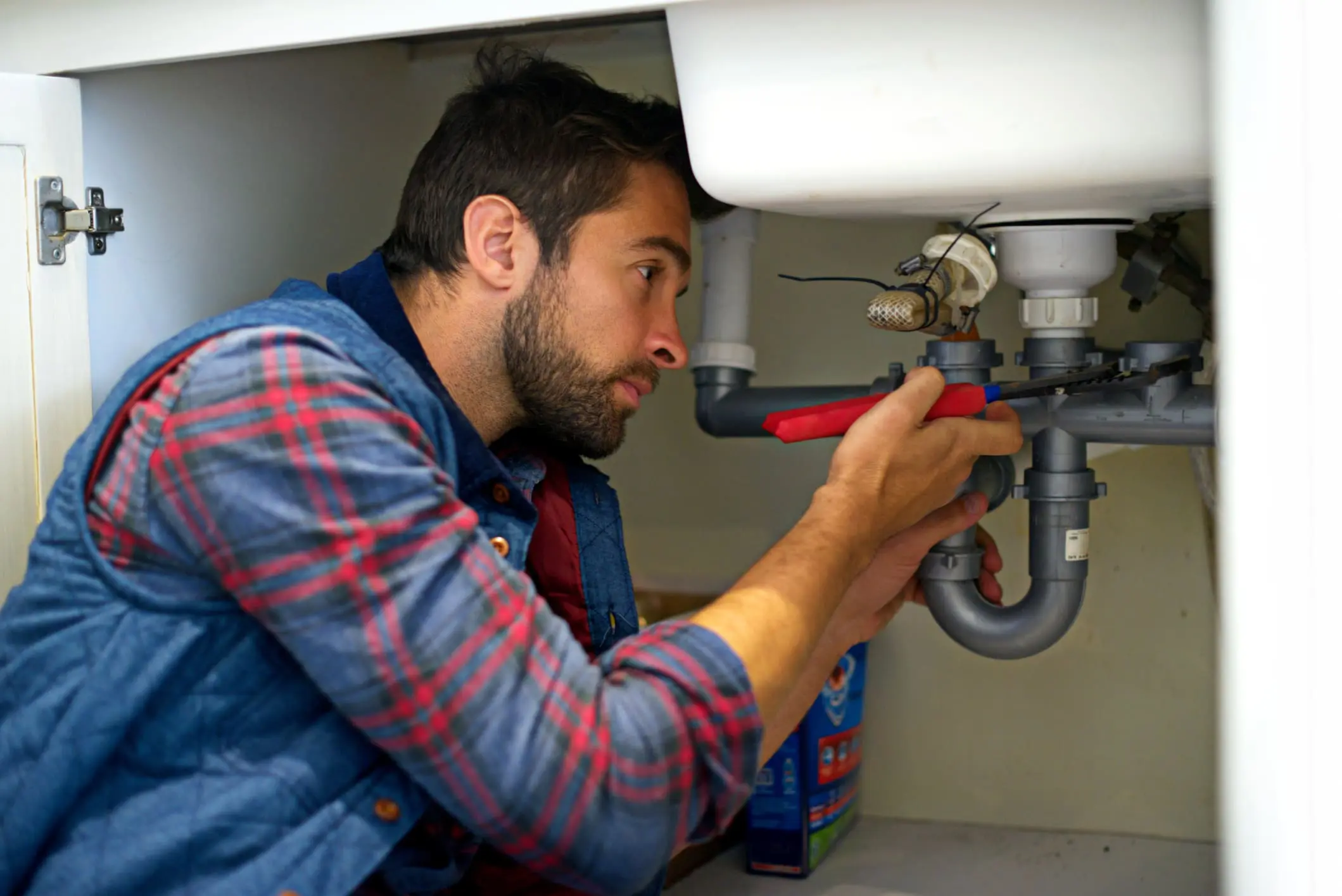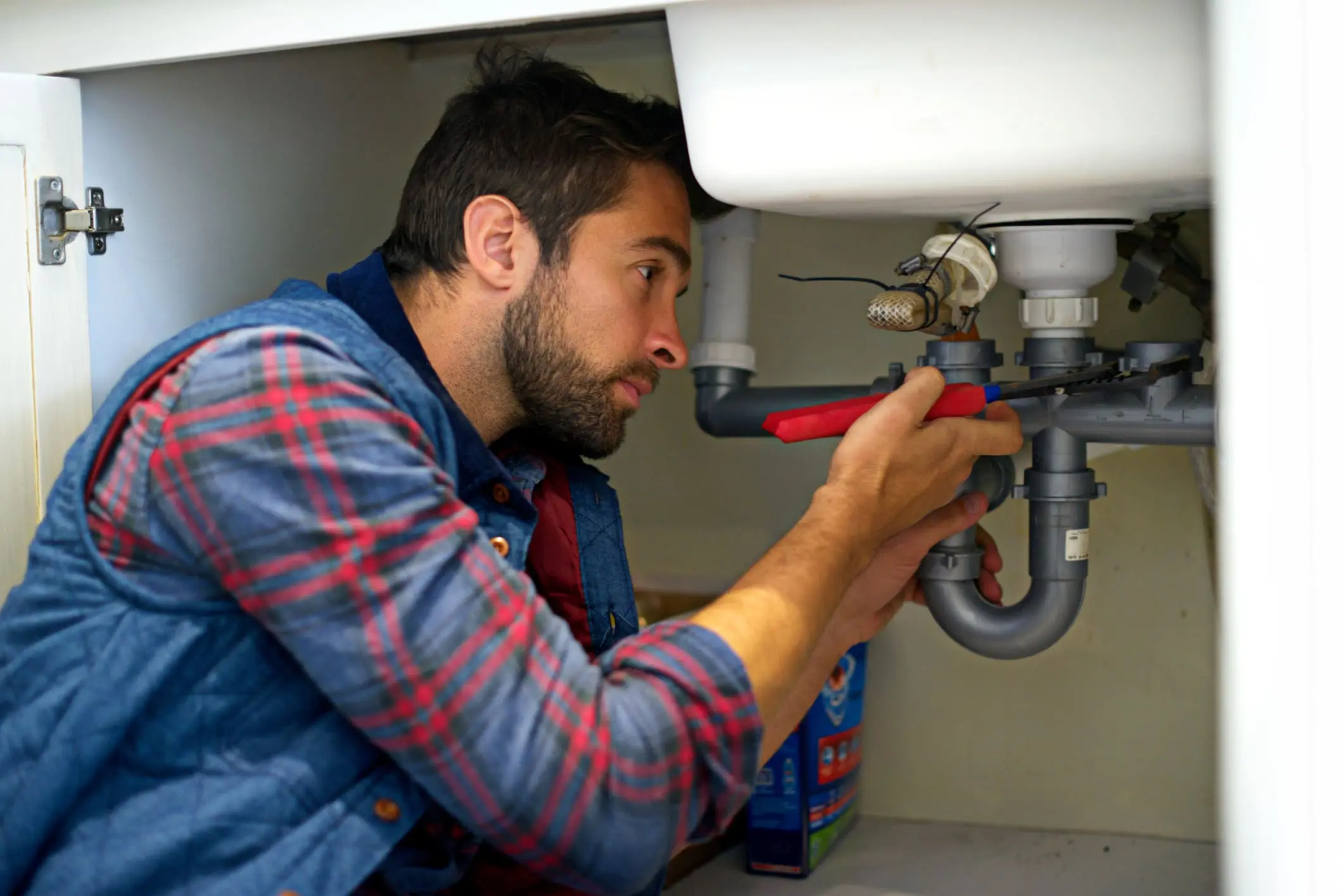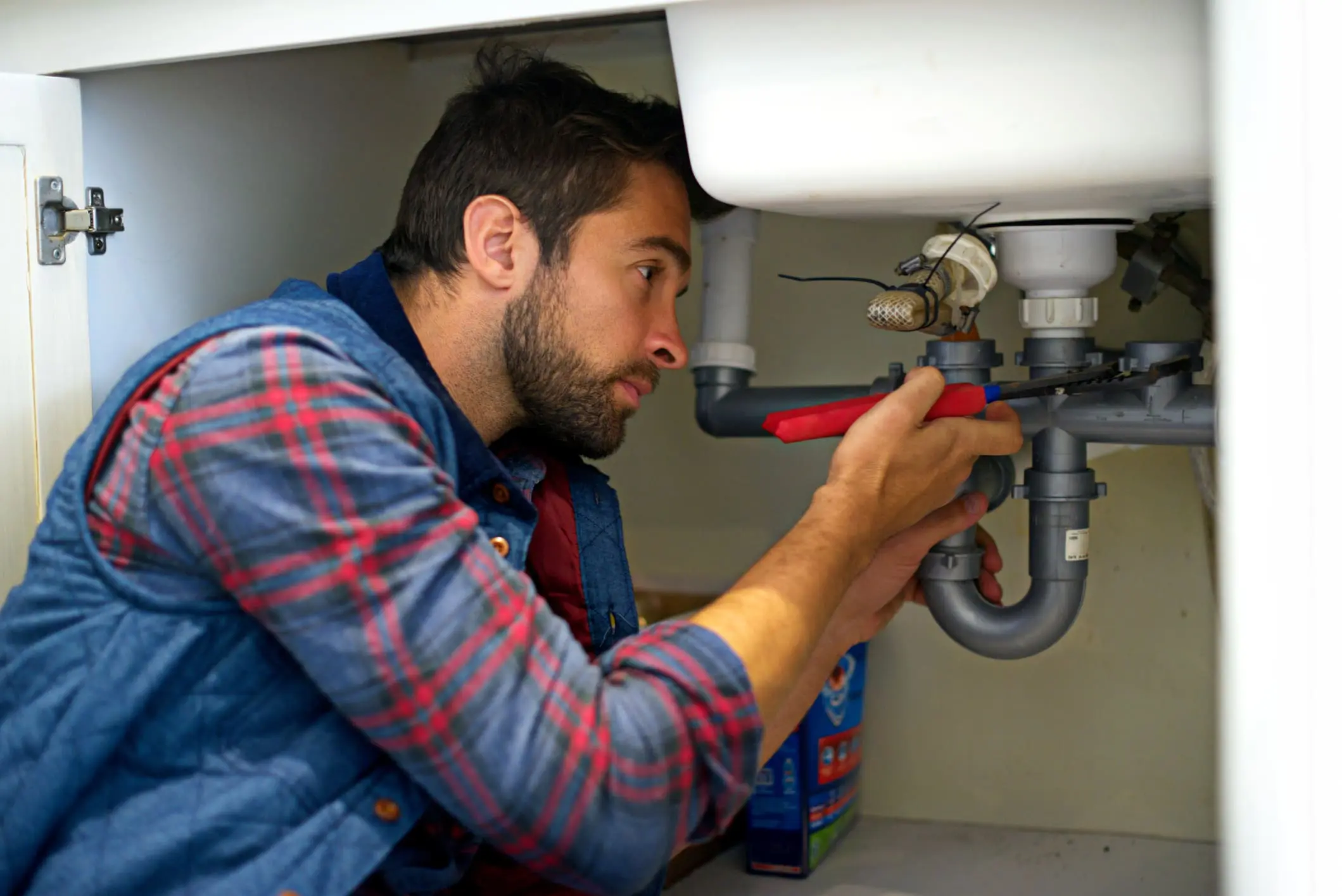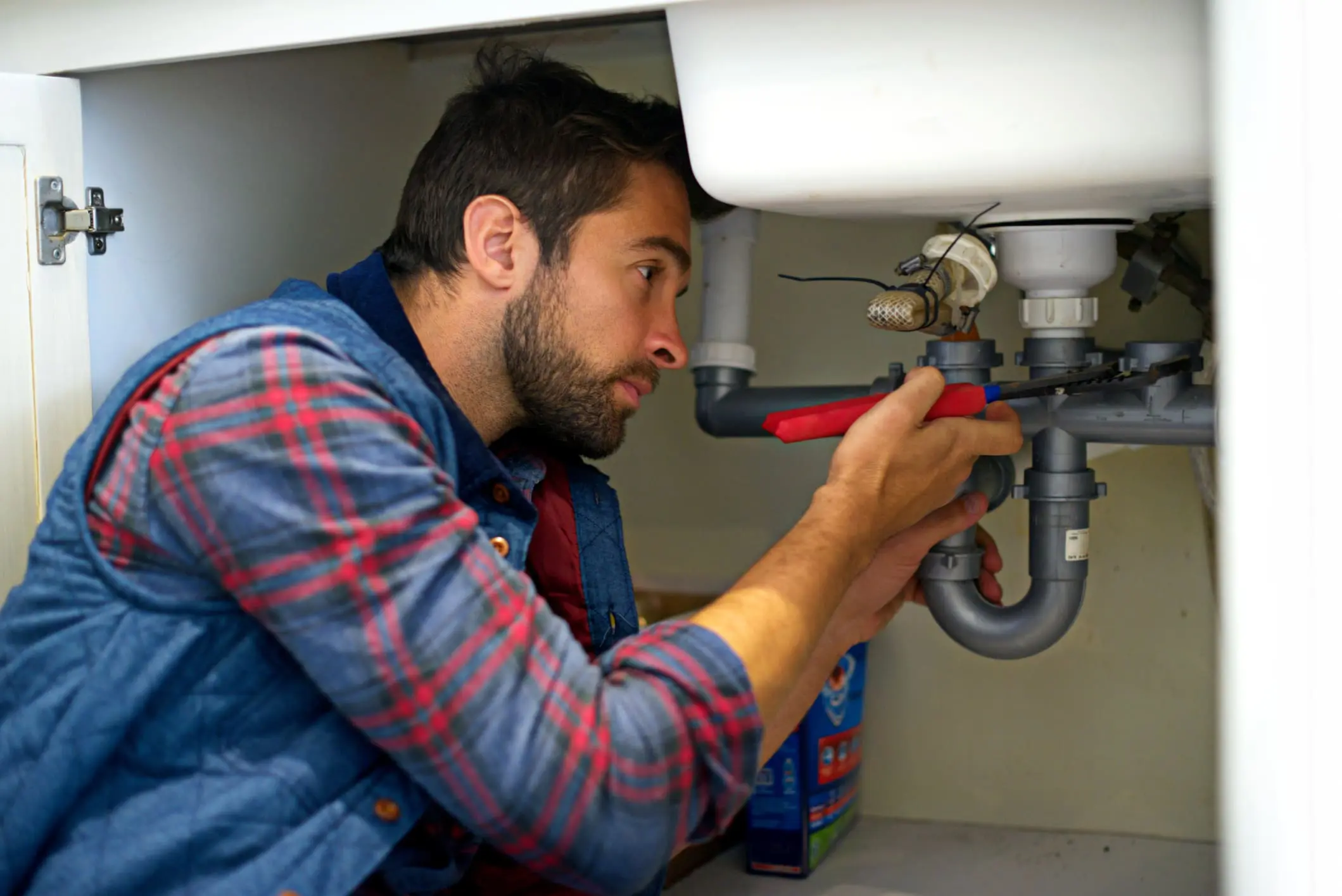The plumbing industry presents unique risks that require specialized insurance coverage. From working in confined spaces to h…
Gas Safe Plumber Insurance: Essential Coverage for Certified Gas Engineers
Gas Safe registered plumbers face unique risks in their daily work that standard tradesman insurance simply doesn't cover. From gas leak incidents to boiler explosions, the potential for catastrophic damage and liability claims makes specialized insurance not just advisable, but essential for any serious gas engineering business.
What Makes Gas Safe Plumber Insurance Different?
Unlike general plumbing work, gas engineering involves working with potentially lethal substances under pressure. A single mistake can result in gas leaks, explosions, carbon monoxide poisoning, or even fatalities. This elevated risk profile means Gas Safe plumbers need insurance policies specifically designed to handle the unique exposures of gas work.
The Gas Safe Register requires all gas engineers to maintain appropriate insurance coverage, but many plumbers make the mistake of assuming their general public liability policy provides adequate protection. In reality, many standard policies specifically exclude gas-related work or provide insufficient coverage limits for the scale of potential claims.
Core Insurance Coverage for Gas Safe Plumbers
Public Liability Insurance
This is your primary defense against third-party claims. For Gas Safe plumbers, public liability insurance should provide minimum coverage of £2 million, though many professionals opt for £6 million given the potential severity of gas-related incidents. This coverage protects against:
- Property damage from gas leaks or explosions
- Personal injury claims from carbon monoxide exposure
- Business interruption costs for affected properties
- Emergency evacuation expenses
- Legal defense costs and settlements
Professional Indemnity Insurance
Gas Safe work requires technical expertise and adherence to strict safety regulations. Professional indemnity insurance protects against claims arising from:
- Incorrect gas appliance installations
- Faulty safety certificates
- Design flaws in gas systems
- Failure to identify existing hazards
- Non-compliance with Gas Safety Regulations
Coverage typically ranges from £250,000 to £1 million, depending on the size and scope of your gas engineering business.
Employers Liability Insurance
If you employ other Gas Safe engineers or apprentices, employers liability insurance is legally required. This covers compensation claims from employees injured while working with gas systems, including:
- Burns from gas explosions or hot surfaces
- Carbon monoxide poisoning
- Injuries from lifting heavy boilers
- Long-term health effects from gas exposure
Tools and Equipment Cover
Gas Safe plumbers rely on specialized, expensive equipment including gas analyzers, pressure testing equipment, and safety monitoring devices. Equipment insurance should cover:
- Theft of tools from vehicles or job sites
- Accidental damage to sensitive testing equipment
- Replacement costs for essential safety devices
- Business interruption while equipment is replaced
Specialized Risks in Gas Engineering
Carbon Monoxide Liability
Carbon monoxide incidents can result in serious injury or death, leading to substantial compensation claims and criminal prosecution. Your insurance must specifically cover CO-related incidents, including:
- Medical treatment for CO poisoning victims
- Temporary accommodation costs for affected families
- Property damage from CO detection systems
- Legal defense against manslaughter charges
Gas Explosion Coverage
Even minor gas leaks can result in devastating explosions. Your policy should provide adequate coverage for:
- Complete property reconstruction
- Contents replacement for multiple properties
- Business interruption for commercial premises
- Emergency services response costs
Regulatory Compliance Protection
Gas Safe engineers face strict regulatory oversight. Insurance should cover:
- Legal defense against HSE prosecutions
- Fines and penalties (where legally insurable)
- Investigation costs and expert witness fees
- License protection and reinstatement costs
Industry-Specific Considerations
Domestic vs Commercial Work
Domestic gas work typically involves lower risk but higher frequency claims, while commercial gas engineering presents higher-value exposures. Your insurance should reflect the split between domestic and commercial work in your business.
Emergency Call-Out Services
24/7 emergency gas services present additional risks due to time pressure and challenging working conditions. Ensure your policy covers emergency work without restrictions on working hours or conditions.
Subcontractor Work
Many Gas Safe plumbers work as subcontractors for larger firms. Verify that your insurance provides primary coverage and doesn't rely on the main contractor's policy, which may not respond to claims against subcontractors.
Choosing the Right Insurance Provider
Industry Expertise
Select insurers with specific experience in gas engineering risks. Generic business insurance providers may not understand the unique exposures of Gas Safe work or may exclude critical coverage areas.
Claims Handling Experience
Gas-related claims often involve complex technical investigations and potential criminal proceedings. Choose insurers with proven experience handling serious gas engineering claims and access to specialist legal representation.
Risk Management Support
Leading insurers offer risk management services including:
- Safety training programs
- Equipment maintenance guidance
- Regulatory compliance updates
- Incident investigation support
Cost Factors and Premium Considerations
Insurance premiums for Gas Safe plumbers depend on several factors:
- Years of experience and training qualifications
- Types of gas work undertaken (domestic/commercial/industrial)
- Annual turnover and number of employees
- Claims history and safety record
- Geographic coverage area
- Coverage limits and policy excesses
Typical annual premiums range from £300-£800 for sole traders to £2,000-£5,000 for larger gas engineering firms, depending on coverage levels and risk profile.
Common Policy Exclusions to Watch For
Work Outside Gas Safe Registration
Ensure your policy doesn't exclude work performed outside your specific Gas Safe competencies. If you're registered for boiler servicing but attempt central heating installation, you may not be covered.
Gradual Pollution
Some policies exclude gradual gas leaks or long-term exposure incidents. Ensure your policy covers both sudden and gradual gas-related pollution.
Criminal Acts
While insurance can't cover intentional criminal acts, it should cover legal defense costs until criminal intent is proven, and provide coverage for negligent acts that result in criminal charges.
Additional Coverage Options
Legal Expenses Insurance
Covers legal costs for employment disputes, contract disagreements, and regulatory investigations not related to insurance claims.
Business Interruption Insurance
Protects income if your business is forced to stop trading due to an insured incident, covering ongoing expenses and lost profits.
Cyber Liability Insurance
Increasingly important as gas engineers store customer data and use digital systems for safety certificates and compliance records.
Making a Claim: What to Expect
Gas-related insurance claims often involve:
- Immediate emergency response and site safety measures
- Technical investigation by gas safety experts
- Coordination with Gas Safe Register and HSE
- Potential criminal investigation procedures
- Complex liability determinations involving multiple parties
Your insurer should provide 24/7 claims reporting and have established relationships with gas safety investigators and specialist legal counsel.
The Bottom Line
Gas Safe plumber insurance isn't just about meeting regulatory requirements—it's about protecting your business, your family, and your customers from the potentially devastating consequences of gas-related incidents. The specialized nature of gas work demands specialized insurance coverage that understands and addresses the unique risks you face every day.
Don't leave your business exposed with inadequate coverage. Work with insurance specialists who understand gas engineering risks and can provide comprehensive protection tailored to your specific needs. The cost of proper insurance is minimal compared to the potential financial and personal consequences of being underinsured when a serious incident occurs.
Your Gas Safe registration demonstrates your commitment to safety and professionalism. Make sure your insurance coverage reflects that same level of expertise and protection.


 0330 127 2333
0330 127 2333
